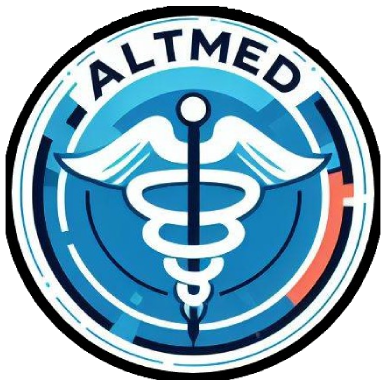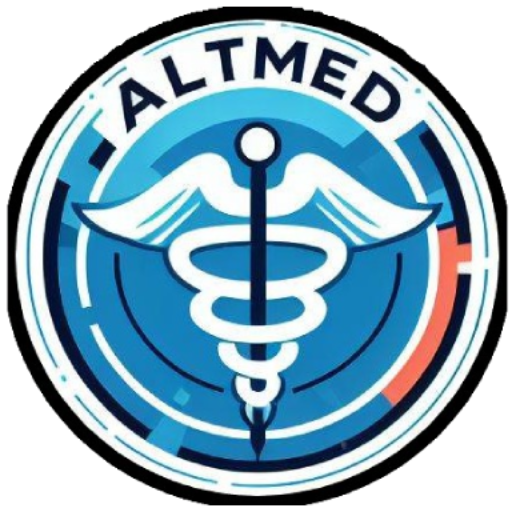Introduction:
Megan Thielking’s STAT News article sheds light on the burgeoning industry of ketamine clinics, examining their promise in treating treatment-resistant depression (TRD) alongside ethical and safety challenges. This 2018 report remains relevant as clinicians weigh the benefits and risks of ketamine therapy in a largely unregulated field.
Key Points for Providers:
- Clinical Promise of Ketamine:
- Ketamine provides rapid symptom relief for TRD and suicidality, acting via NMDA receptor antagonism.
- The short-term efficacy highlights its potential as a bridge to other interventions.
- Concerns in Practice:
- The rise of independent clinics often bypasses standard treatment protocols.
- Variations in dosing, lack of integration with mental health support, and limited follow-up care compromise patient outcomes.
- Patient Impact:
- Anecdotal success stories show transformative outcomes for some patients.
- However, overpromising benefits can lead to patient disillusionment, particularly when relief is short-lived or inconsistent.
- Ethical Implications and Regulation:
- The lack of FDA approval for many off-label uses raises questions about informed consent.
- Providers must balance patient optimism with evidence-based practices to ensure safe and effective care.
The VitalPoint for Providers:
Ketamine’s rapid efficacy makes it a powerful option for TRD, but ethical considerations and patient safety demand vigilance. Partnering with established mental health teams and adhering to emerging guidelines can enhance outcomes while minimizing risks.
Further Reading:
- https://www.statnews.com/2018/09/24/ketamine-clinics-severe-depression-treatment/

